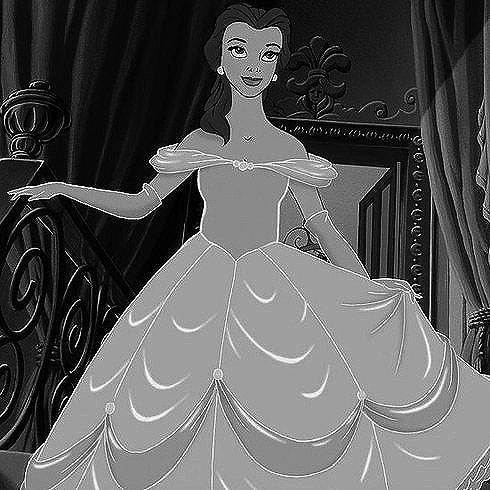Brantz Shows Disney Real is Beatutiful
Homecoming 2015: Freedom Issue

Disney princesses are perceived to be beautiful young women, not only with handsome Prince Charmings and Happily Ever Afters, but also with impossibly proportioned bodies. Receiving great feedback, Buzzfeed’s Loryn Brantz recognized this issue and digitally edited six famous Disney princesses to give them more realistic waistlines. Disney’s negative message regarding body types can limit and diminish young girls’ freedom to be themselves. Brantz’s digital editing allowed viewers to see how just mere seconds of tweaking a picture can help send an important message.
Young girls love and look up to Disney princesses as role models. Whether they carry around a princess doll everywhere or play dress-up at home, these girls aspire to be like the beautiful, slim princesses Disney creates. Marie DeVoll ’18 shares, “Disney princesses should have more realistic bodies, because as role models for young girls, they are forcing them to believe that they have to look a certain way when it is physically impossible to.” This could lead to future mental health issues including eating disorders. Especially today with further issues regarding celebrity modification in magazines, the media plays a significant role in girls’ lives and what they strive to look like. Girls and young women should have the freedom to accept and love who they are, and to embrace their great qualities rather than focus on what they believe to be their flaws.
Along with the media, society plays a huge role in shaping the way in which girls see themselves. Jay Handwerk ’18 comments, “Disney is a company that portrays girls in unrealistic and unhealthy ways, but it is truly society’s fault for fueling the fire and spending money to promote these movies.” If Disney is able to make all of these films, society is obviously endorsing them to continue with the process of creating new movies. Living in an accepting society is crucial to a child’s development. Jessica Smith, Upper School English teacher and College Guidance Counselor, shares, “Looking to Disney movies or any type of pop culture for self acceptance is a poor idea. Movies, TV, video games, commercials, etc. present us with a shiny ideal that is not the same as reality and is often designed to make us buy something. It can certainly be fun to enjoy the shiny ideal, but if it’s affecting one’s self-acceptance that much, it’s time to read a book, talk to a friend or loved one, go outside, play with a pet, get some exercise, or do something else that’s meaningful and rewarding. That’s where we will find acceptance.”
As America strives to become a more accepting and truly free country, one might ask themselves, “Is it okay for a beloved children’s company to portray girls in such demeaning ways?” Disney is lovable for children and does not have to be banished, but the company must realize their flaws in design and correct them for future films. As Brantz demonstrated in her Buzzfeed article, the answer to this issue is simple. All Disney needs to do is to simply make the princesses into more realistic human beings, and create more realistic role models for children. As the future generation of Americans, children must live the happy and healthy lives with the freedom to accept themselves for who they are.




































